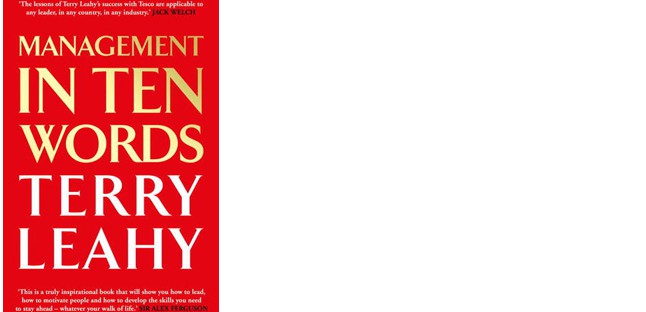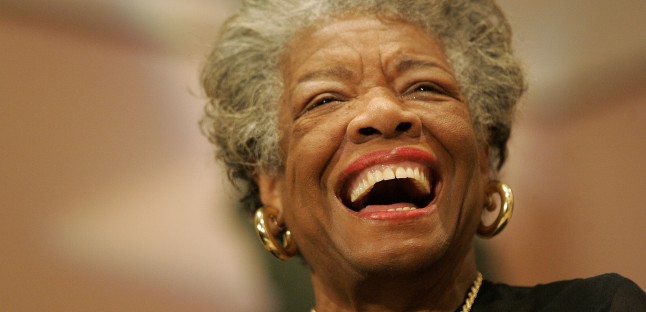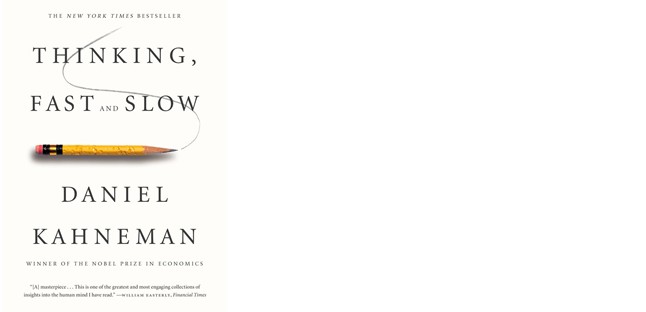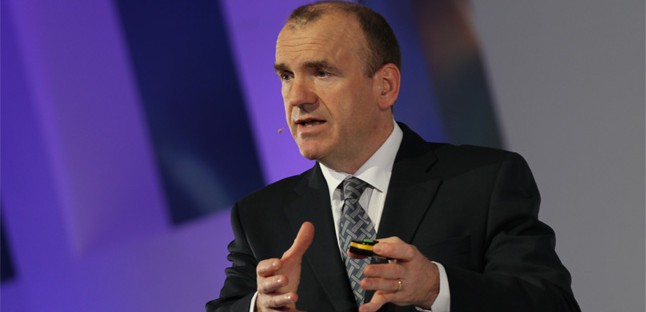Latest posts
A masterclass in creating value
What’s going on at parkrun?
Virtue-signalling all the way to the bank
Bud Light: brand purpose or virtue-signalling?
The Coddling of the American Mind, by Greg Lukianoff and Jonathan Haidt
Belonging, by Owen Eastwood
Such a simple thing
The Long Win, and The Scout Mindset
The Cult of We by Eliot Brown and Maureen Farrell
Coffee and covid modelling
By theme
Marketing strategy
Insight & metrics
Innovation & inspiration
Brand & positioning
Marketing communications
Business purpose
Leadership
By industry sector
Financial services
Retail
FMCG
Technology & start-ups
Consumer services
Business to business
Other sectors
By type
Books
Comment
Quotes
Thought leadership
“Making the simple complicated is commonplace; making the complicated simple, awesomely simple, that’s creativity.”
Charles Mingus, American jazz double bassist, composer and bandleader Read More
This advertisement was on the outside back cover of the Independent’s Saturday listings magazine, Radar, on 16th Nov. If these are deliberate mistakes then I don’t get the joke. Can anyone explain it to me? Call me old-fashioned, but a book retailer that can’t spell its own name somehow isn’t as appealing as it might be…
No sooner has the GoCompare opera singer been silenced than we have the TopCashback man, dressed in the world’s weirdest outfit – neon colours and those awful nappy trousers that sometimes look cool on young women but never, never on overweight men. He prances about to a jingle that lodges as firmly in your ear as any earworm, and an annoying voice that makes me nostalgic for the “We buy any car” voiceover. Is this “good” Read More
Well it’s not rocket science, is it? So if good business is mostly common sense, here’s a book that lays it out clearly and simply, with a few guiding principles, and the recurrent theme of seeing your business as customers see it. According to Leahy, this means eschewing conventional market definitions and boundaries, constantly looking around and listening to customers for things you can do better for them, and then trying things out. It’s a good straightforward read, Read More
“People will forget what you said, people will forget what you did, but people will never forget how you made them feel.”
Maya Angelou Read More
You get a concept a chapter in this packed book, which covers two broad areas: how the human brain/ mind makes judgements, and how we make choices (aka behavioural economics). Fast thinking is when our automated processor steps in, which is the default because slow thinking – that’s to say, really thinking – is effortful. Trouble is, we mostly aren’t aware which thinking mode we are using, nor of the errors the fast thinking mode can make. Read More
I heard the great Gary Hamel, co-author of Competing for the Future, give a talk on innovation a while back, at the London Business School. He cited the classic hotel clothes or coat hanger as “stupid” – this one. Because it is infuriating to use, isn’t it?
Professor Hamel used it as an example of poor innovation – and of course he’s right, it is rubbish for the end user, the hotels’ customers, Read More
“It’s always better to look for the strengths in a competitor’s innovation than the weaknesses. You may feel better attacking a competitor but in the long run it is wiser to learn from them.”
Terry Leahy, former CEO of Tesco Read More
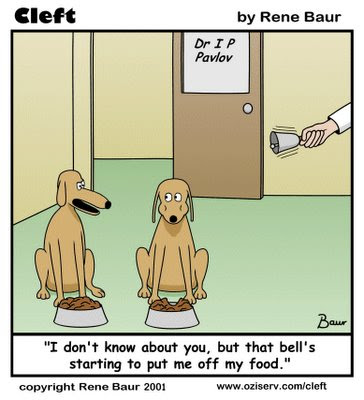
Ever since the Conservatives discovered Nudge, a book by the American writers Richard Thaler and Cass Sunstein, people in business, and especially in communications, have got excited about behavioural economics. Seasoned marketers are leaving their jobs to set up behavioural insights consultancies, a bit like a previous generation of marketers went off to create web-based businesses at the turn of this century. Most of those marketers, and many of those businesses, Read More
If you’ve ever said to a child, “Everyone else is going” then you’ve used behavioural economics. Lots of it is common sense, and you’ll see ways in which we do it all the time, but it’s useful to separate out and name the various concepts and levers. The basic model from Downing Street’s Nudge unit uses the acronym MINDSPACE:
Messenger – think who should deliver the message. For example, people whom the target will see as peers, Read More
Latest posts
A masterclass in creating value
What’s going on at parkrun?
Virtue-signalling all the way to the bank
Bud Light: brand purpose or virtue-signalling?
The Coddling of the American Mind, by Greg Lukianoff and Jonathan Haidt
Belonging, by Owen Eastwood
Such a simple thing
The Long Win, and The Scout Mindset
The Cult of We by Eliot Brown and Maureen Farrell
Coffee and covid modelling
By theme
Marketing strategy
Insight & metrics
Innovation & inspiration
Brand & positioning
Marketing communications
Business purpose
Leadership
By industry sector
Financial services
Retail
FMCG
Technology & start-ups
Consumer services
Business to business
Other sectors
By type
Books
Comment
Quotes
Thought leadership



